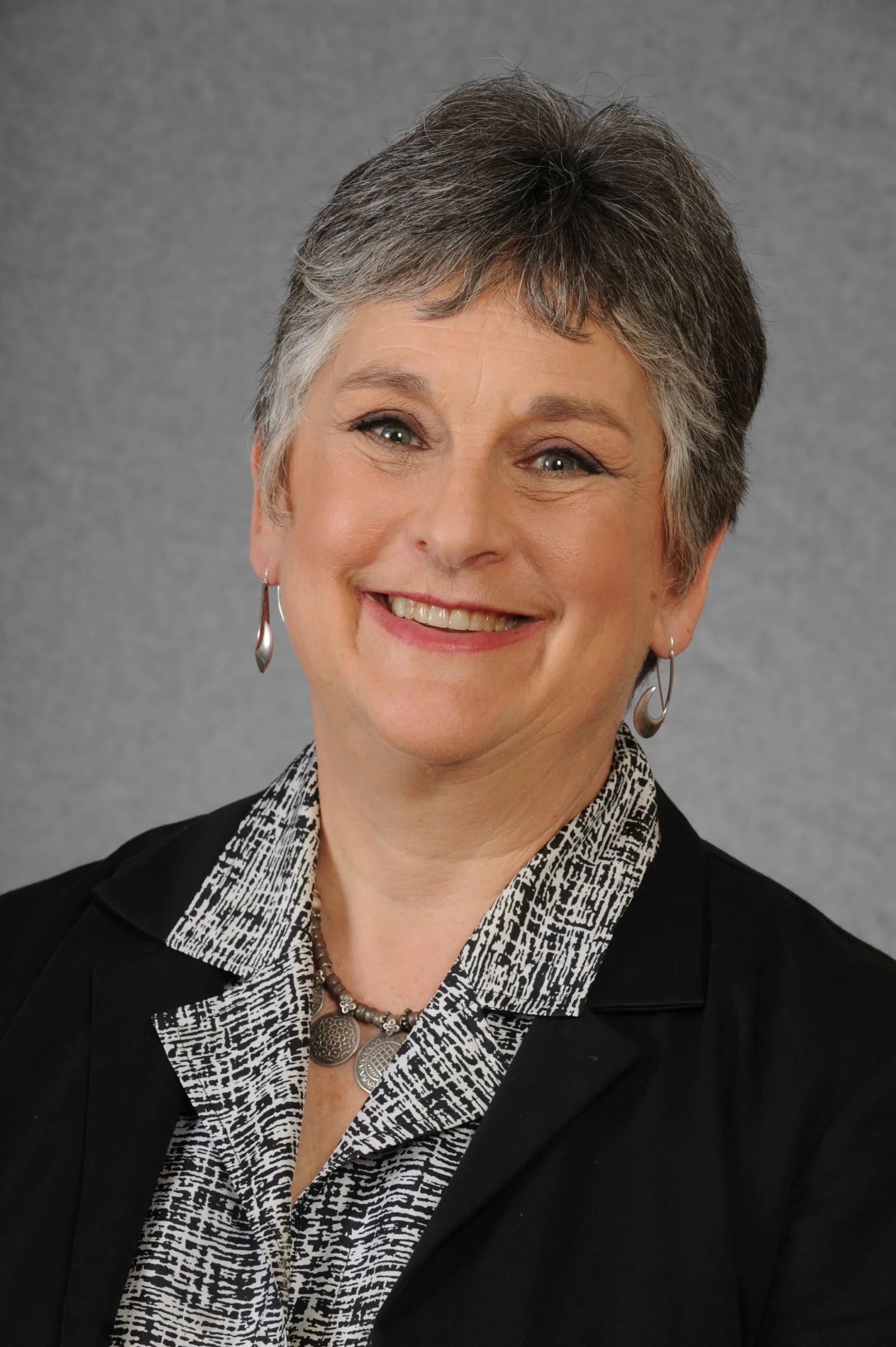Becoming a Workforce of Resistance
Debbie Goldman, University of Maryland
Becoming a Workforce of Resistance explores how Bell telephone company call center workers and their union wrestled with management over the degradation of working conditions and downward pressure on living standards in the latter decades of the twentieth century. Two major developments revolutionized the customer service representatives’ working environment during this period. The radical restructuring of the telecommunications industry in the wake of the 1984 break-up of the monopoly Bell system unleashed intensive competitive pressures, driving management to slash its most variable expense, labor. Second, technological advances that integrated computing with digital communications networks gave managers powerful new tools to surveille, deskill, and speed-up the labor process. The resulting work organization was a recipe for demoralizing and debilitating stress on the job. The paper describes the ways in which the service representatives coalesced into a workforce of resistance as they demanded that their union, the Communications Workers of America (CWA), fight on their behalf for humane, safe, secure good-paying jobs. Yet, the very forces driving change in the call centers also narrowed the terrain upon which the workers struggled with management to shape their conditions at work. The customer service workers served as the shock troops (who often felt like cannon fodder) on the frontlines of this tumultuous transition. The digital transformation impacts virtually every workplace in today’s highly automated post-industrial economy. This study of the ways in which these organized workers mobilized to resist dehumanizing labor in digital workplaces, and the constraints they encountered in the context of a neoliberal political economy that provides few guardrails against the ravages of financial capitalism, has wider implications as we reexamine the regulatory regime that has made this possible. The paper is a chapter in a book project, Resistance in the Digital Workplace: Call Center Workers in Bell Telephone Companies, 1965-2005, currently under contract with University of Illinois Press.
Respondent: Michael Stamm, Michigan State University
Registration
This event is free, but all participants must register in advance below. Space is limited, so please do not request a paper unless you plan to attend.
Register and Request PaperAbout the Labor History Seminar
The Newberry Labor History Seminar provides a forum for works in progress that explore the history of working class people, communities, and culture; class and state policy; unions and popular political movements; and other related topics.
Co-coordinators are Peter Cole (Western Illinois University), Colleen Doody (DePaul University), Liesl Orenic (Dominican University), and Elizabeth Tandy Shermer (Loyola University Chicago).
